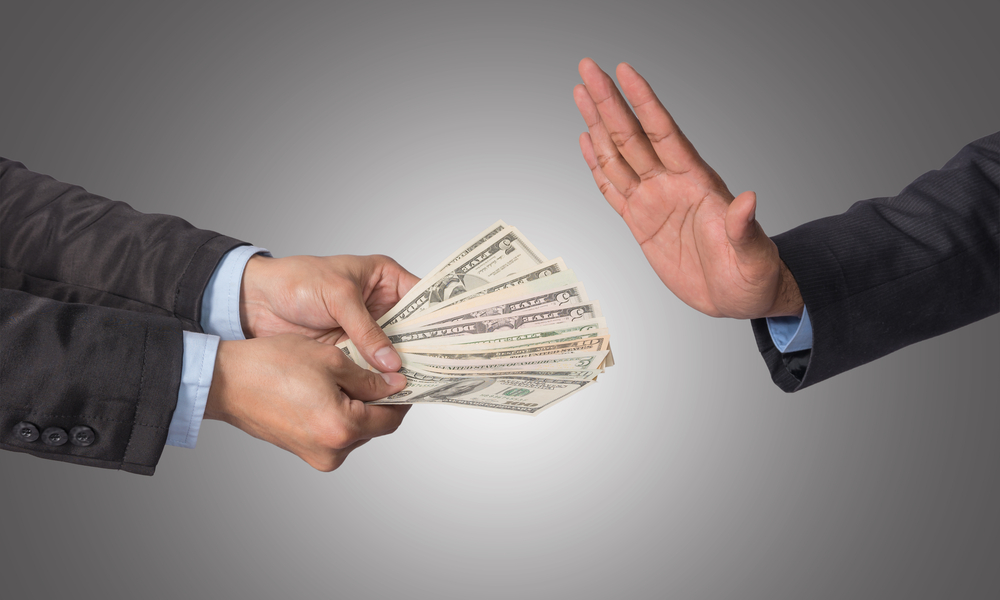By the look of things, the cashless society might not be as far off as most people would think. More and more stores are going cashless on their own accord and flock towards card payments and mobile checkouts. Then again, not everyone will notice when a company stops accepting cash either, as most people hardly use that form of payment in certain locations.
In reality, cash is accepted at fewer place than most people anticipate right now. Buying an airline ticket, or a car, for example, can’t be done in cash anymore. It only makes sense for some retail locations not to deal with the hassle of cash either, even though there will always be store owners who swear by this method of payment.
Cashless Is Not The Answer You Are Looking For
To put this into perspective, a place selling food or sandwiches may be inclined to stop accepting cash. Since the amounts are pretty small compared to other solutions, not having to deal with change, coins, and bills may make more sense. US customers are always more inclined to use their cards for payments wherever they are in the world anyway.
That being said, there are inherent risks when dealing with card or mobile payments. In fact, the majority of mobile solutions builds on top of insecure card payments, to begin with. Consumers really need to ask themselves if they want to trust yet another third party with their sensitive payment details.
But there are other concerns to take into account as well. When using mobile and card payments, tallying up totals at the end of the day must be done in a different way. Moreover, these methods could also cause more theft and items not being paid for correctly in the long run. If that were to be the case, the issues would only become apparent at the end of the day.
More importantly, no longer being able to use cash means anonymity is being removed for customers. While not everyone may value that aspect, consumers will leave a digital trail of their payments and locations. Third-party service providers will aggregate that data and use it for whatever purpose they see fit.
For consumers, the biggest concern is how they will give the banks even more power when going cashless. Mobile and card payment usage depends on the banks entirely, who will gain an even tighter control over funds belonging to their customers. That is not an ideal situation for the consumer, even though very few people realize the repercussions of their financial actions these days.
Source: NY Times
Header image courtesy of Shutterstock
